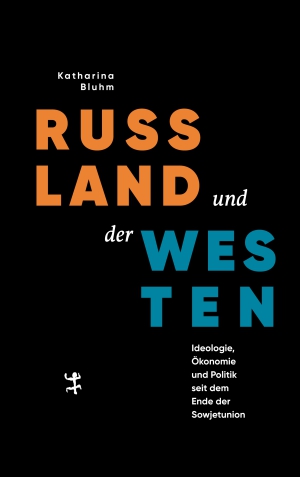Since the start of the war of aggression on Ukraine in February 2022, there has been a great deal of puzzling about the mindset of Russia's most powerful man. Previously recognized as a skilled pragmatist, Putin now appears as an enraptured old man who would like to go down in history as the new Peter I or Nikolai I. People are puzzling over what he reads, to whom he lends his ear, who has taken possession of his brain. Everyone can read Putin's history-obsessed speeches in German. So everything is familiar? Katharina Bluhm's fundamental book opposes the truncated view of Russia's top power and Putinology. She analyzes how an illiberal-conservative intellectual countermovement to shock therapy and Western integration has formed since the late 1990s, how it tried to establish itself in Russia's new party system in the 2000s, and how its motives, ideas, and concepts have been incorporated into Putin's conservative-repressive state project since 2012. Bluhm draws attention to those social forces that have sustained the Putin regime and influenced its state capitalism, but at the same time are in permanent tension with it. Without them, Russia's return to the world stage as a revisionist power cannot be understood.
Non-fiction
Sample translation
English sample available
Katharina Bluhm, Professor of Sociology with a focus on Eastern Europe, grew up in East Berlin and studied philosophy at Humboldt University and Lomonosov University in Moscow. After 1989/90, she switched from philosophy to sociology and from the Academy of Sciences in East Berlin to the Georg-August University in Göttingen. Her other professional positions include the Friedrich Schiller University in Jena, Harvard University in Cambridge (USA), and the University of Osnabrück.
"Katharina Bluhm's book provides illuminating and politically highly important explanations of how Russia has become the state it is today over the past three decades." – Süddeutsche Zeitung







